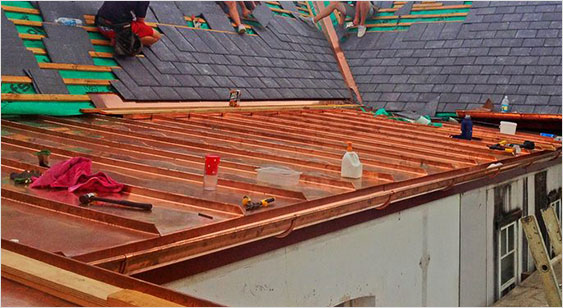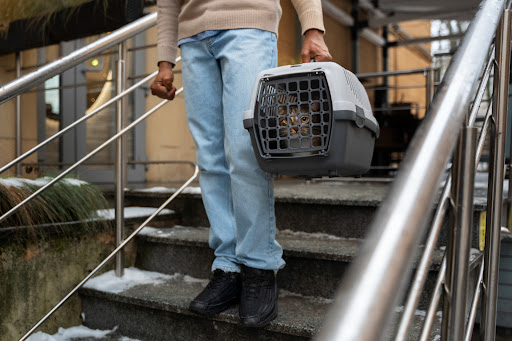Whether you have a section of loose shingles or the entire roof requires replacement, establishing the right rapport with the roofing contractor should be a priority. They will share all the important info with you but it is impossible for them to tell you absolutely everything. That is why you should have several questions on stand-by to ask them in order to clarify everything from the very start. Some of these questions are in regard to the cost, some to the repairmen procedure, and some concern the maintenance of the roof after the repairs have been made.
Can I clean the gutters on my own?
Cleaning the gutters is one of the most important items on the maintenance checklist, so you need to be 100% clean on whose responsibility is to clean the gutters. Since this issue is related to maintenance, in most cases your contractor will tell you that this is really a DIY job is you are skillful enough and not afraid of heights. There are numerous video walkthroughs on how to clean the gutters on your own but the most important safety issue is that you shouldn’t lean too much while on the ladder.
Furthermore, you should schedule a checkup at least once a year after the winter season as clogged gutters can result in major water damage. Check if the contractor has a good idea of how your new gutters will look like after the repair. They need to have a drop and the material must be watertight, as the smallest of leaks can endanger the whole structure of the roof.
What will happen with my attic?
In a world of ever smaller living quarters, space has become a luxury. The biggest extra space inside the house is located in the attic that homeowners use for storage or they convert it into a nursery. Anyway, you need to check with the contractor will the space remain usable after the installation or the repair of the roof. Some repairs require the erection of additional support beams that will make the attic unusable. If you want to keep the attic free, be sure to tell this to the contractor so they can adjust the techniques they use to your wishes.
What is the right material for my roof?
As far as the type and material of your roof are concerned, there are so many options that you simply must consult the contractor which one will suit you the best. Depending on the shape and incline of your roof, as well as the climate your house is in, they will advise you what is the best roofing option. Experts in the area like MLR Slate Roofing point out that copper has risen in popularity recently in terms of materials used for cladding the roof. Copper is safer to handle than other metals used in roofing and it has the advantage of longevity.
How to spot a problem?
Once the new roof is up (pun intended), it is up to you to spot any potential problems and alert the contractor. Ask them to teach you what signs to look for in order to timely spot a problem with the roof. You are likely to find out that the flashing is the place where most initial water issues occur, so regular check-ups are more than welcome. The smaller the hole in the flashing, the easier it will be to fix it and the less damage will rainwater cause to the inside of your house. Be especially attentive when it comes to flashings around openings on the roof, such as chimneys, skylights, and vent pipes.
The total cost will be…?
It is hard to estimate the final cost of the repair or the installation of a new roof bit the contract ought to e experienced enough to give a good estimate. Be advised that the figure they must include all the costs of the build, from labor to the very last nail that goes inside your roof. By getting a figure for the entire job, you avoid hidden costs that might make a large dent in your home budget. Also, don’t forget to enquire about the guarantee the contractor gives, as no one is perfect and they might need to come back for some smaller repairs.
The 5 questions listed here are a good starting point for the conversation you will have with your roof contractor. Ask them to be honest and realistic in their estimate so there are no surprises later on when the build enters its final stage.




